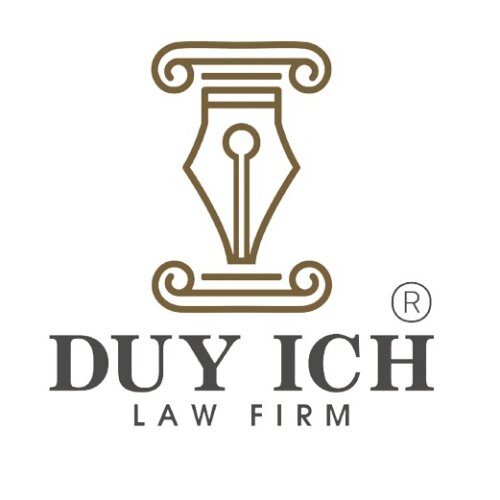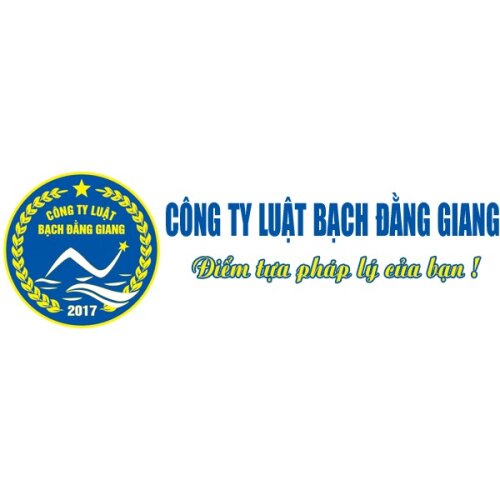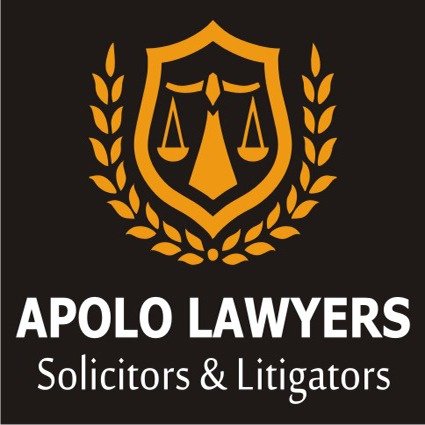Best Education Law Lawyers in Vietnam
Share your needs with us, get contacted by law firms.
Free. Takes 2 min.
Or refine your search by selecting a city:
List of the best lawyers in Vietnam
About Education Law in Vietnam
Education Law in Vietnam is designed to regulate the education system, ensuring that high standards are upheld, access to education is widespread, and educational institutions operate within a legal framework. The Vietnamese educational legal framework covers various aspects, including the rights and responsibilities of students and educators, the establishment and management of educational institutions, curriculum standards, and more. These laws aim to support the development of a cohesive educational environment that fosters learning and innovation.
Why You May Need a Lawyer
Several situations may necessitate seeking legal advice in the field of Education Law in Vietnam. These can include:
- Disputes between educational institutions and students or parents, such as disciplinary actions, academic performance issues, or violations of student rights.
- Matters related to school governance, including compliance with local and national laws, funding, and organizational changes.
- Issues surrounding educational contracts, for example, employment disputes between teachers and institutions or service agreements with educational providers.
- Legal assistance in the establishment of private educational institutions, including licensing, accreditation, and regulatory compliance.
- Advice on education policies, such as new educational reforms, curriculum requirements, or governmental initiatives that may affect schools or universities.
Local Laws Overview
Key elements of Vietnam's Education Law can be summarized as follows:
- The Education Law provides guidelines for free and compulsory education at primary levels, ensuring equal access for all children.
- Legal frameworks regulate public and private educational institutions, setting standards for registration, accreditation, and quality control.
- Laws outline the rights and obligations of students and teachers, focusing on safeguarding educational rights and responsibilities within the educational environment.
- The Education Ministry plays a significant role in crafting national education strategies and reforms, with laws providing a foundation for implementing such policies.
- Provisions for special education are included, outlining rights and resources for students with disabilities or special needs.
Frequently Asked Questions
What is the compulsory education age in Vietnam?
Education is compulsory for children from ages 6 to 14, covering the primary and lower secondary education levels.
Are private schools regulated by the government in Vietnam?
Yes, private schools are subject to government regulations concerning registration, curriculum standards, and quality assurance to ensure consistency with national educational objectives.
What rights do students have under Vietnamese Education Law?
Students have the right to access a fair education, participate in school activities, express opinions respectfully, and receive protection from discrimination and abuse.
Can foreign educational institutions operate in Vietnam?
Foreign educational institutions can operate in Vietnam but must adhere to Vietnamese laws regarding educational services, including obtaining necessary licenses and approvals.
How can disputes between parents and schools be resolved?
Disputes can be resolved through mediation, consultation with local education departments, or legal action, depending on the nature and severity of the issue.
Are there specific laws for vocational education in Vietnam?
Yes, vocational education is governed by specific regulations that focus on skill development and training to meet labor market needs.
What measures are in place for students with disabilities?
There are laws ensuring equal access to education for students with disabilities, including support services, special curriculums, and facilities designed to accommodate their needs.
Do Vietnamese education laws provide for adult education?
Yes, laws allow for adult education programs that enable continuing education, vocational training, and skill enhancement for adults.
What is the role of the Ministry of Education and Training?
The Ministry oversees the development and implementation of national education strategies, including setting educational standards, policies, and conducting inspections.
How are educational disputes involving teachers handled?
Teacher-related disputes, such as employment issues or breaches of contract, can be settled through negotiation, internal reviews, or legal proceedings if necessary.
Additional Resources
For additional legal advice and education-related resources, consider the following organizations and bodies:
- Ministry of Education and Training - Overseeing educational policies and regulations.
- Vietnam Education Publishing House - Provides access to educational materials and resources.
- Local education departments - Offer guidance and resources specific to regional education issues.
- Legal aid organizations - Can provide free or low-cost legal advice and services.
Next Steps
If you require legal assistance in Education Law, consider the following steps:
- Identify your specific legal concern, gathering relevant documents and details.
- Consult with a lawyer specializing in Education Law to get professional advice tailored to your situation.
- Contact local educational authorities to seek guidance or mediation if applicable.
- Explore available resources and legal aid services to understand your rights and options.
- Consider attending workshops or seminars on Education Law to stay informed about new developments and legal practices.
Lawzana helps you find the best lawyers and law firms in Vietnam through a curated and pre-screened list of qualified legal professionals. Our platform offers rankings and detailed profiles of attorneys and law firms, allowing you to compare based on practice areas, including Education Law, experience, and client feedback.
Each profile includes a description of the firm's areas of practice, client reviews, team members and partners, year of establishment, spoken languages, office locations, contact information, social media presence, and any published articles or resources. Most firms on our platform speak English and are experienced in both local and international legal matters.
Get a quote from top-rated law firms in Vietnam — quickly, securely, and without unnecessary hassle.
Disclaimer:
The information provided on this page is for general informational purposes only and does not constitute legal advice. While we strive to ensure the accuracy and relevance of the content, legal information may change over time, and interpretations of the law can vary. You should always consult with a qualified legal professional for advice specific to your situation.
We disclaim all liability for actions taken or not taken based on the content of this page. If you believe any information is incorrect or outdated, please contact us, and we will review and update it where appropriate.
Browse education law law firms by city in Vietnam
Refine your search by selecting a city.














